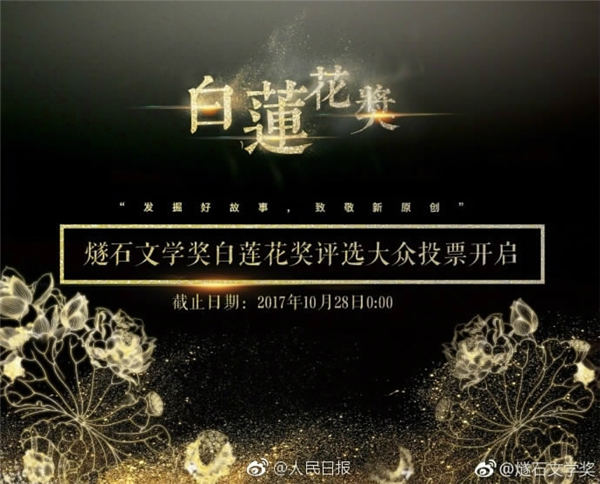Year-end Review: Stories of books
CGTN | Updated: 2017-12-30 10:30

War against plagiarism
In August, Chinese online novelist Feiwo Sicun waged the war of words against one of her peers Liu Lianzi on Sina Weibo, accusing the later of plagiarizing her novel. In a string of seven Weibo posts, Feiwo Sicun argued that Liu has made the same mistakes in the poems she mistakenly cited.
The incident later became the prelude to a large-scale campaign against plagiarism for Chinese online literature. It has been frequently discussed by insiders at various forums, and several heat TV dramas adapted from allegedly plagiarized novels were boycotted.
Suishi Literature Award, established by the Writers' Association in Tianjin, even initiated a White Lotus Award, which will be given to the worst plagiarized piece of work online. An online novel Jinxiu Weiyang (or Princess Weiyoung in English), was the first to adopt the ironic prize in October this year.
Though the prize also triggered criticism for its authority and reasonability in judging whether a novel should be alleged as "plagiarism," it is considered by many as a reflection of the Chinese's increasing awareness in copyright protection and their outrage over plagiarism.
























